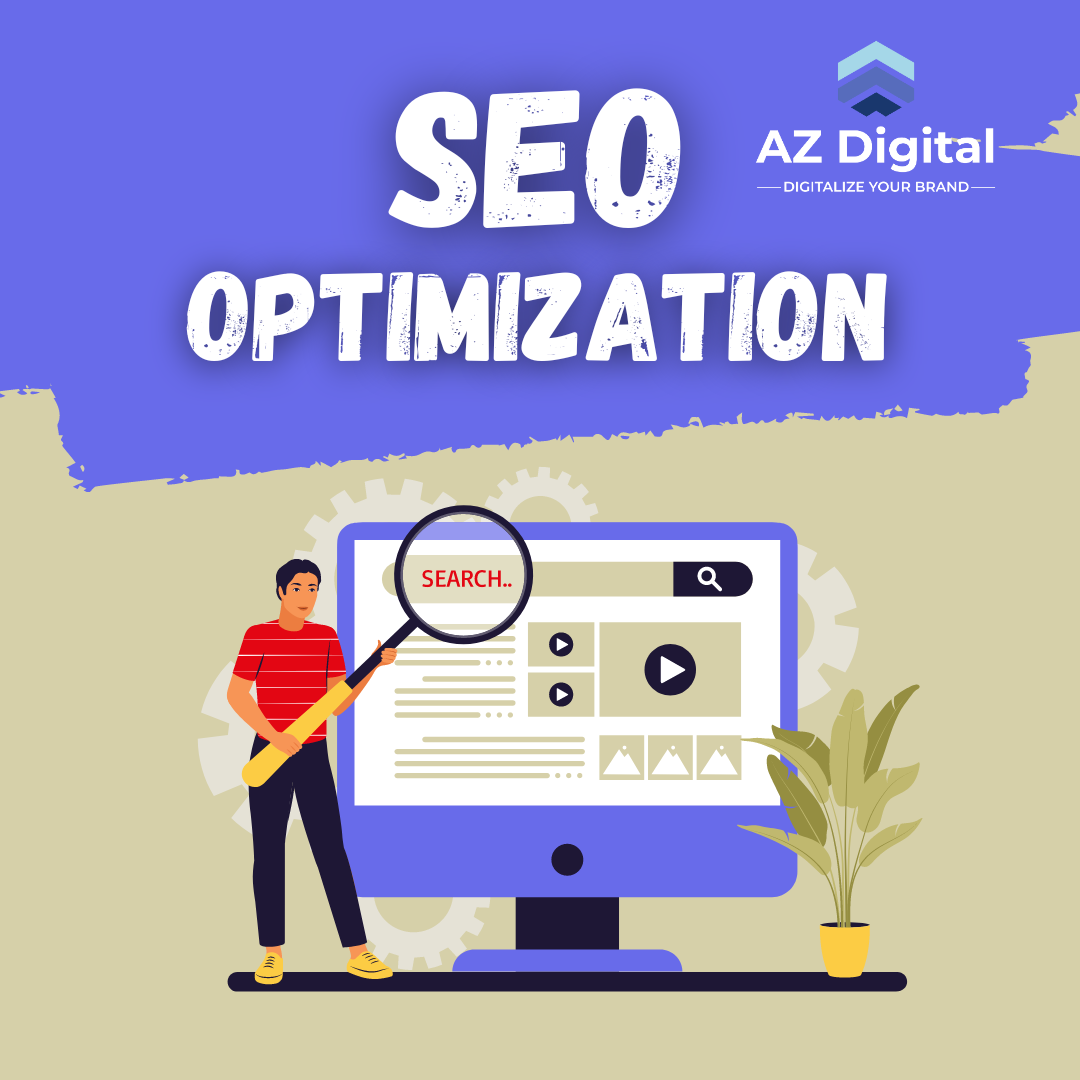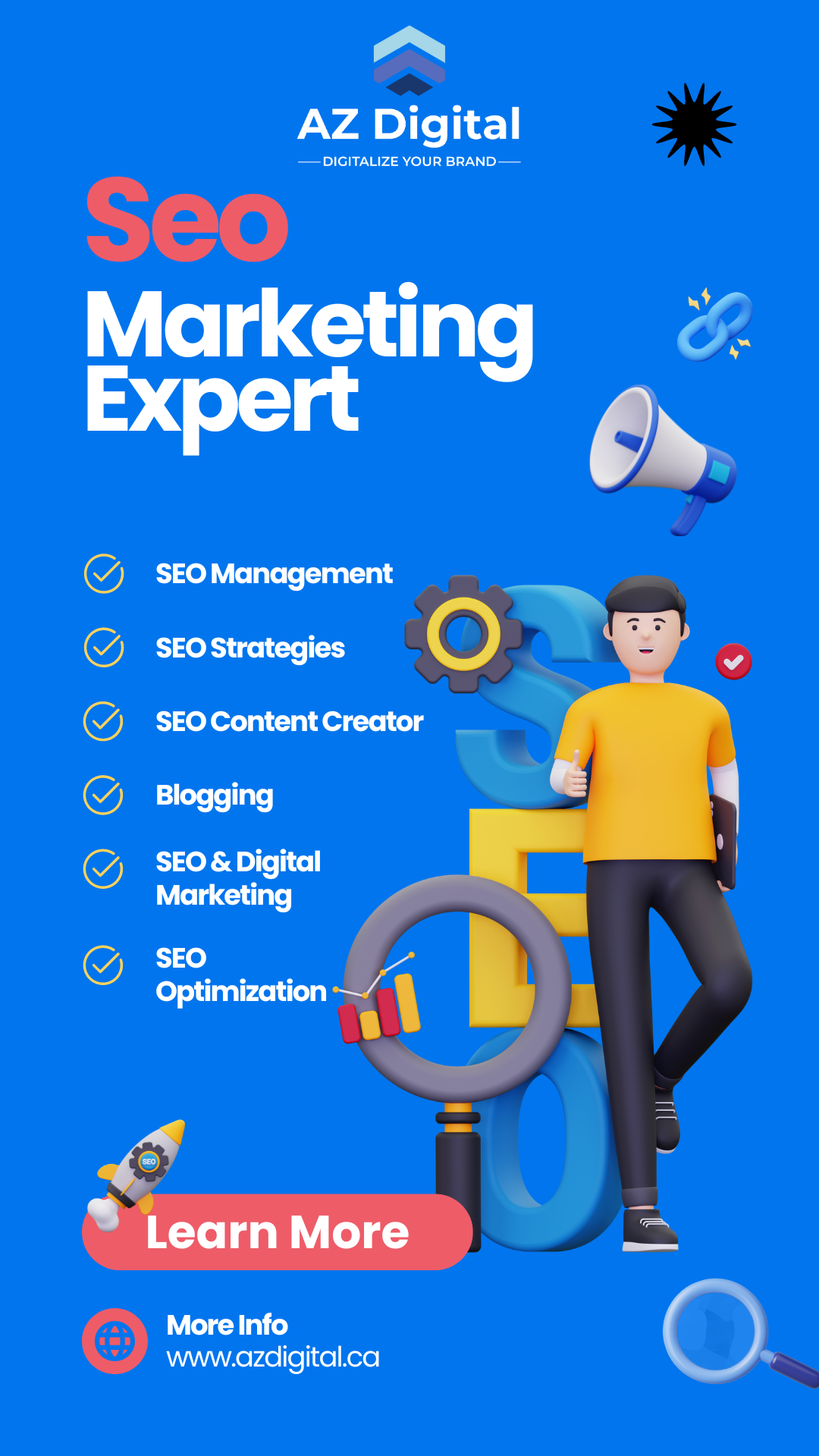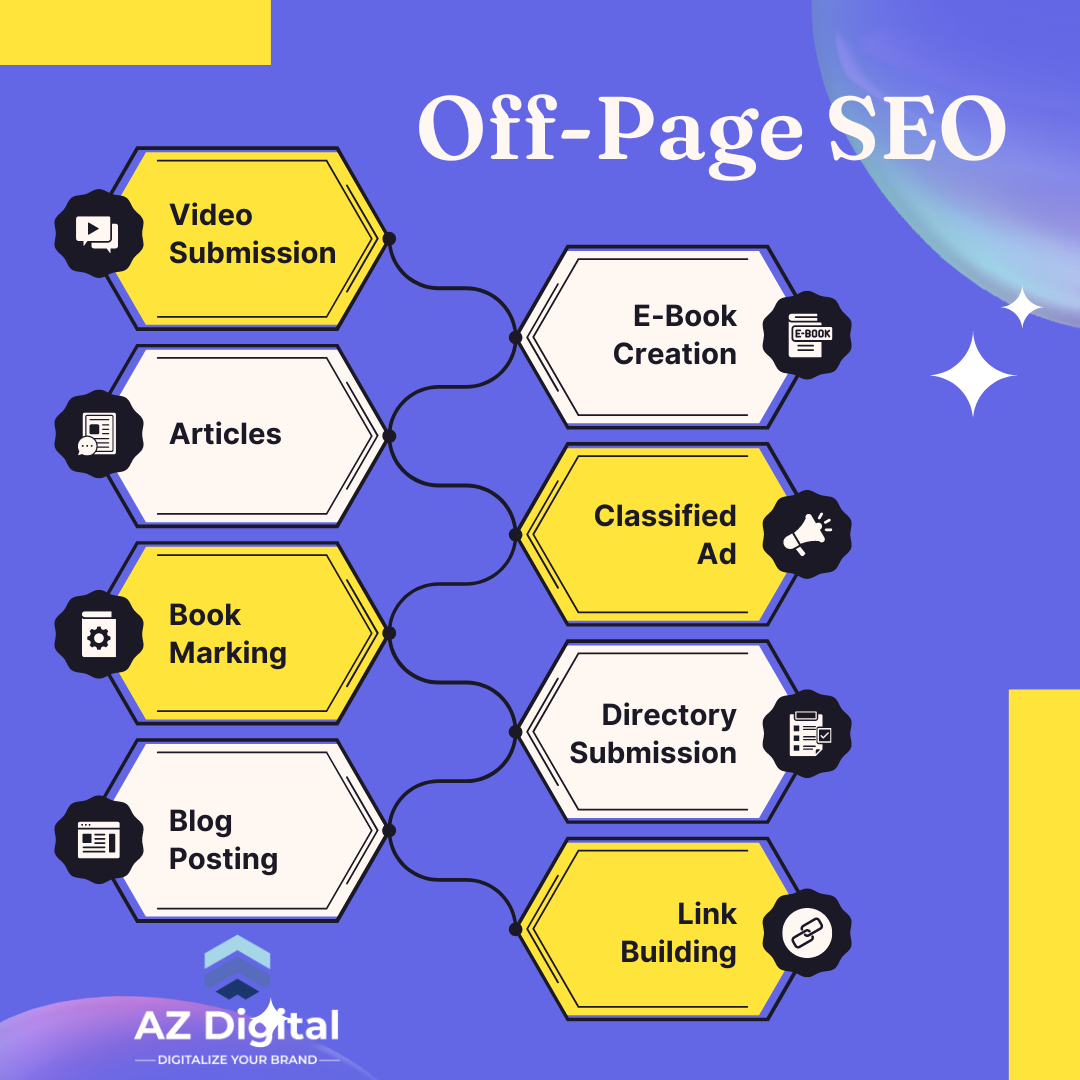Best SEO Practices in 2024 to Boost Your Website

Best SEO Practices for Small Businesses in 2024
Best SEO Practices 2024: Search engine optimization is a very integral part of digital marketing for small businesses. The right strategies will help get more online visibility, thereby reaching out to potential customers. From its very roots, SEO found its ground in 2024 based on some core principles which established it. Now, let’s see the best SEO practices for small businesses in 2024.
How Does SEO Work?
What is SEO?
Among other plausible definitions, SEO could be defined as: Search Engine Optimization, which is the process of refining your website for relevant searches within search engines like Google, so that when the interest someone has in a product or a service like what you are offering, your website pops. Optimization makes sure that your website pops up at the top deserved position in search results so that prospects may find you more likely. SEO using techniques—ranging from keyword optimization and content development to technical changes in search engine friendliness—ensures that your website will pop up at the top deserved position in search results so that prospects can find you more likely.
Why SEO Matters for Small Businesses?
SEO for small business is a real game-changer. Unlike traditional advertising, it’s quite expensive and general. By using SEO, on the other hand, targeting of audiences in respect to time is allowed, as it is highly active search for whatever you sell. It assures higher conversion rates and better ROI. Besides these, good SEO practices also help to increase credibility and trust with your audience since first-page results typically enjoy a more trustworthy status in the eyes of customers. Thus, a small business can equip themselves much better with SEO in order to stand against bigger companies and get the needed kind of visibility that drives growth.
On-Page Search Engine Optimization Practices
Content Optimization
It is at the root—creation and optimization of content to make it relevant, engaging, useful to an audience. This means naturally sprinkling the key phrase ‘Best SEO Practices for Small Businesses in 2024‘ within the text, clearly stating to the search engines the purpose of this page. Good content will educate and answer the needs and questions of your target audience by finding the kind of information that will hold their interest. Keeping your content updated with the latest information and trends is indicative of meeting this target audience for a higher ranking with them, as well as keeping them coming back for more.
Effective Use of Keywords
In general, keywords really are at the heart of SEO. These are the words and phrases used in searching online for information. However, to effectively use these keywords, good keyword research has to be conducted to identify how prospect customers are searching. When you finally have the keywords, use them naturally in the content, title, heading, and meta descriptions. A final element of writing for SEO is avoiding overuse of keywords to prevent keyword stuffing, since doing so will lower your ratings. Not at all; key words should only be applied relevantly and as natural additions to valuable and meaningful content. This properly enriches the reader’s experience.
Writing Meta Descriptions That Entice Visitors
Meta descriptions are important for encouraging users to click through from results pages. These brief summaries show up below your page title in search engine listings and provide searchers with a brief summary of your page’s contents. Added to this, it will be an essential prerequisite to have a very compelling, short—about 150-160 characters—meta description that, needless to say, has the keyword target ‘Best SEO Practices for Small Businesses in 2024′. It should clearly and stimulatingly give users a reason to click your link. Provided it is written well, meta description can potentially help in increasing your CTR, thereby generating volume traffic to your website.
Technical SEO Practices
Ensuring Mobile Friendliness
A mobile-friendly website, therefore, is important—the why—since more than half of all internet users are now using mobile devices to access the internet. It means that your site is nice-looking and works with both smartphones and tablets. Google uses mobile-first indexing. It is where responsive design techniques should be employed to ensure that the layout of a website is applied differently depending on window sizes. Test your site on a host of devices and debug the faults, with the help of the Google Mobile-Friendly Test tool.
Page Speed Improvement
Page speed, again, is very important to user experience and SEO. Visitors get frustrated with slow pages, and may well leave your site, hence high bounces. Page speed is considered substantially by Google and other search engines in ranks given to websites. It involves image optimization through compression without loss of quality, optimized content delivery by Content Delivery Network, and avoiding heavy scripts and plugins for better page speed. Test your site’s speed regularly using tools like Google PageSpeed Insights and make any adjustments that may be needed from time to time.
Adopt HTTPS
Security is an enabler of trust, very important in the eyes of both search engines and users. HTTPS is an Internet communication protocol that protects the integrity and confidentiality of data between the user’s computer and the site. Connections to the website shall be in HTTPS. Thus, it shall be protected; there shall be a padlock icon beside the address bar of the browser. Search engines like Google also prefer secure websites, so moving to HTTPS will improve your search engine ranking. The way that provides HTTPs is by obtaining an SSL, Secure Sockets Layer certificate, that can be gotten from your web host. Keeping one site safe helps to ensure that the information of the users is well protected and gives the basis that is necessary for building trust among an audience.

Off-page SEO practices
Quality Backlinks Building
Backlinks are the “others” who link to your website; they are also referred to as “inbound links.” In some form, they vote for your website and tell search engines your website is trustworthy and an authority. The other way around, however, not all backlinks are created equal. Make sure that you acquire high-quality backlinks from relevant and reputable sites within your niche. You can do this by creating great and linkable content, guest posting on influential people or bloggers’ sites, and guest posting on other relevant and quality sites. Never buy backlinks or use what’s called a low quality link farm. Those kinds of actions hurt rather than help your SEO efforts.
Leveraging Social Media
You can use social media for many great wonders in driving traffic to your website and complementing all your SEO efforts. Share your content across Facebook, Twitter, LinkedIn, and Instagram to spread it among a lot of people who are going to care about what you have to say and take them to the website. Sharing on social media raises brand awareness and has been shown to truly help foster trust with target audiences, too. Moreover, you are able to make a call for action of sharing from your followers and use social media to hold customer engagement, answer their questions, and capture feedback. However, although the social media signals are not a direct ranking factor, these added traffic and engagement will benefit your SEO.
Local SEO Practices
Optimizing for Local Searches
Local SEO is very crucial to small businesses that are dependent on local customers. You can start optimization from local searches, and this can be done by adding up to your location in your keywords. This is an example of “Best Practices of SEO for Small Businesses in 2024 in [Your City]”. Your business name, address, and phone number should appear the same all the time on every online platform, such as your website, social media profiles, or online directories. Create content that relates location-wise, being relevant to any local event, news, or happenings of issues important to your audience. This will increase the possibility of your business featuring in geographical search results, easily found and chosen by customers locally. Claim Your Google My Business Listing
Google My Business For Local SEO
Google My Business doesn’t charge a single business person for managing and handling the presence of a company on google for both Search and Maps. Claiming and optimization of the listing in GMB is quite essential for Local SEO. Keep updating your business details, such as address, phone number, hours of operation, or even the website URL. Add quality photos of your business; most importantly, encourage customers to review. Positive reviews drive ranking increase and bring more customers. Thus, it should be remembered that a GMB listing shall be updated whenever there are any changes in the services or some special promotion being offered by a business.
Content SEO Strategy
Content Calendar Plan
A content calendar forms one of the quintessential tools for planning and running any content strategy. It assists in planning effectively on the type of content to be released and when, maintaining mutual cohesiveness on the frequent publication of relevant, inspiring content. Consider, therefore, inputting the important dates, events, and themes applicable to your business or audience. Plan your content on these dates; this includes blog posts, social media updates, videos, and more. An effective content calendar keeps one on target, consistent, and provides much more diversified subject matter that speaks to audiences and answers SEO goals.
Content in Different Formats
Making effective use of the different formats diversifies your content. It helps to serve the varied tastes of target groups and elevates search rankings. Besides blog posts, one would consider videos, infographics, podcasts, and interactive content. Videos are very engaging and can be shared on social media to bring tremendous traffic to your site. Infographics restructure complex information and make it easily shareable, and are often linked by other websites as well, which would gather backlinks. Podcasts will reach out to the audience who want to consume audio content.
While on the other side, interactive content, such as quizzes or polls, can increase user engagement and the time that is spent on a website.
Encourage User-Generated Content
UGC in the form of reviews, testimonials, social media posts, or opinion systems might be exactly the kick your SEO needs. It features new, relevant content for your site and builds trust with your audience. Encourage clients to review your website, Google My Business, and all other places your business is under review. Customer testimonials are great to have up on your website and to share user-generated content on your social media sites. Engage with them by responding to the reviews and comments; this is key to letting your customers realize that you truly care about their input. Not only will UGC improve your SEO, it will give your customers a feeling of community and loyalty.
Monitoring and Analyzing SEO Performance
Using Analytics Tools
Tracking your SEO performance is very important in knowing what works and what doesn’t. Some of these tools, like Google Analytics and Google Search Console, will outline relevant metrics such as organic traffic, bounce rates, and keyword ranking. What gives value to tools like these is that they will present an insight into how you perform on the website—hence, it becomes easy to point out any strength or weakness. Keep revisiting this data for analytics in order to make informed decisions over your SEO strategy. This you will be very clear with knowing the behavior and preference of your audience so as to know how best to adjust your content and the structure on your site.
Adjusting Your SEO Strategy
SEO doesn’t work on the ‘set it and forget it’ maxim. Rather, it includes persistence through continuous monitoring and adjustments for its effectiveness. From time to time, reassess your performance on SEO practices and be ready to implement new changes as necessary based on the insights you get from these analytical tools. Stay on top of emerging SEO trends and algorithmic changes so your site remains competitive. Experiment with new techniques, test different ways of doing things, and be ready to change track when called for. Staying proactive and adaptive just keeps SEO going for long-term success.
Conclusion
Yet, in 2024, SEO is a strong tool for small businesses. Follow these best SEO practices for small businesses to cause a business to take off in 2024. It helps in enhancing visibility and attracting more customers. Keep in mind that this whole SEO thing is towards long-term results. Stay consistent, keep learning, and watch them grow.
Integrate these best SEO practices for small businesses in 2024 to stay ahead of your competitors. Create high-quality content or optimize a website and reach your target audience. With much commitment and proper planning, your small business can turn out very successful online.




